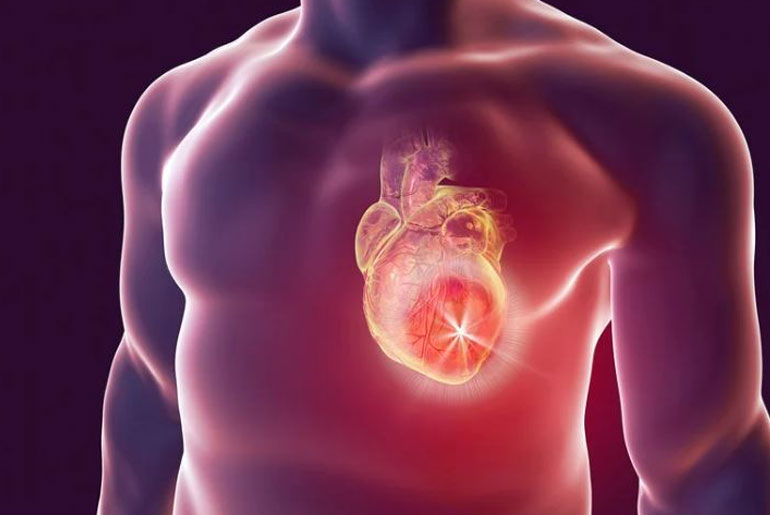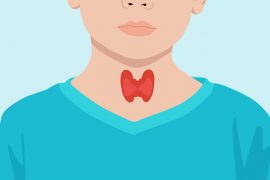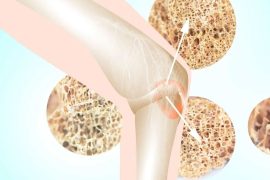The year 2023 witnessed a series of unfortunate events that raised concerns about heart health, particularly among young adults and individuals in their thirties and forties. Bollywood icon and former Miss Universe, Sushmita Sen, shocked many when she revealed suffering a heart attack at the age of 47 in February 2023. This news was followed by the unexpected passing of well-known Telugu actor and dramatist Harikanth at 33, succumbing to a cardiac arrest on July 1, 2023. Tragedy struck again as Arvind Kumar, an actor from Lapataganj, suffered a heart attack and passed away on his way to a shoot on July 11, 2023.
These incidents add to a concerning trend, as the entertainment industry had already witnessed the untimely deaths of notable figures due to heart-related issues in previous years. Television actor Sidharth Shukla lost his life at 40 due to a heart attack on September 2, 2021. South Indian actor Punneth Rajkumar and renowned actor Chiranjeevi Sarja also succumbed to cardiac issues at the ages of 46 and 35, respectively, in 2021 and 2020.
Even those who survived heart-related incidents faced significant challenges. Comedian and actor Sunil Grover experienced a heart attack at the age of 45, undergoing four bypass surgeries. Similarly, dance choreographer Remo D’Souza, at the age of 45, had a heart attack and underwent an angioplasty, despite having no apparent underlying health issues.
Dr. P Ashok Kumar, an Advanced Heart Failure Management and Transplant Cardiologist at SPARSH Hospital, shed light on the concerning trend, stating that heart problems leading to early deaths in young adults can stem from various causes. The most common culprit is coronary artery disease, characterized by the blockage of one of the heart’s blood vessels. Atherosclerosis, a condition that accelerates this blockage, is affecting individuals at a younger age, leading to conditions like heart attacks and coronary artery disease.
These incidents underscore the importance of raising awareness about heart health, promoting preventive measures, and encouraging regular check-ups, even for seemingly healthy individuals, to detect and address potential heart-related issues early on.
Dr. P Ashok Kumar highlights various factors that can contribute to early deaths, emphasizing that heart issues in young adults may not solely be attributed to coronary artery disease. He mentions that genetics, issues with the heart’s rhythm, congenital heart defects, and problems with the heart muscle, such as cardiomyopathy, can all play a role in premature deaths. Additionally, engaging in intense physical activities can be linked to cardiomyopathy, further emphasizing the multifaceted nature of heart-related problems.
Dr. Nithin Prakash, a Clinical Cardiologist at Altius Hospital, adds crucial insights into the diverse reasons young adults may face heart problems. He notes that a family history of heart conditions, such as familial hypercholesterolemia leading to high cholesterol levels, can increase the risk of heart disease. Poor lifestyle choices, including insufficient exercise, a diet high in processed and fatty foods, smoking, excessive alcohol consumption, and substance abuse, are also significant contributors to heart problems. Obesity is highlighted as a major risk factor for heart disease.
Dr. Nithin Prakash emphasizes the crucial relationship between lifestyle factors and heart health, particularly in young adults. He explains that being overweight can contribute to the development of conditions such as high blood pressure, diabetes, and abnormal lipid profiles, all of which increase the risk of heart problems. Additionally, a lack of physical activity and not exercising regularly can also lead to heart issues.
To mitigate these risks, Dr. Prakash advocates for young adults to be aware of these factors and adopt a heart-healthy lifestyle. This includes incorporating regular exercise, maintaining a healthy weight, following a balanced diet, managing stress effectively, and avoiding tobacco and excessive alcohol consumption. These lifestyle choices are integral to preventing and managing risk factors associated with heart problems.
Factors Behind the Alarming Rise in Cardiac Arrests:
Indians face a heightened risk of developing coronary artery disease (CAD) compared to Westerners, impacting them about a decade earlier. This increased susceptibility is attributed to several factors, including slightly smaller arteries and additional risk factors prevalent in the population. Lifestyle factors such as smoking, tobacco use, poor dietary habits, reliance on fast and canned foods, high stress levels, excessive alcohol consumption, and inadequate exercise contribute significantly to the prevalent issue of blocked arteries in India. Furthermore, a substantial number of individuals have a family history of premature heart disease, adding another layer of risk. The consideration of premature sudden cardiac deaths in family history becomes crucial in understanding and addressing the elevated risk of CAD among Indians. Addressing these risk factors through lifestyle modifications and regular health screenings is imperative for mitigating the risk and promoting cardiovascular health in the Indian population.
Lifestyle and environmental factors:
Dietary Factors:
Modern diets, characterized by the consumption of fast food, highly processed items, and sugary drinks, contribute to obesity, high blood pressure, and unhealthy lipid profiles among young adults.
Sedentary Lifestyle:
Many young individuals lead sedentary lives, spending a significant amount of time sitting at work, for leisure, or engaged in screen time. This sedentary behavior is associated with weight gain, a decline in cardiovascular fitness, and an increased risk of heart problems.
Substance Use:
Tobacco use, along with drug and alcohol misuse, is a persistent concern among young adults and is strongly linked to heart issues.
Stress and Mental Health:
The demands and pressures of contemporary life, particularly in high-stress settings, can lead to chronic stress. Chronic stress, in turn, may negatively impact heart health through unhealthy coping mechanisms and direct physiological effects on the cardiovascular system.
Warning signs:
Cardiac arrest is a sudden and life-threatening event where the heart unexpectedly stops beating, leading to loss of consciousness and a fall. Often, cardiac arrest happens without warning signs, but some individuals may experience symptoms like chest discomfort, which can be mistakenly attributed to digestive issues. A common misconception, especially among the younger population, is to dismiss such symptoms as stomach problems. It’s essential to recognize that if you ever feel something unusual or different from your normal sensations, seeking immediate medical help is crucial. Ignoring potential signs of cardiac arrest can have serious consequences, and timely intervention is vital for a better chance of survival and positive outcomes.
t’s crucial to recognize that symptoms such as chest pain, heartburn, throat pain, or left-hand pain may not always be related to heart issues; they could be linked to stomach problems. However, any suspicion of these symptoms should not be ignored. Striking a delicate balance between being cautious and avoiding unnecessary panic, individuals are encouraged to make informed decisions regarding seeking medical attention. Prevention of such incidents involves managing stress effectively, quitting smoking and tobacco products, limiting alcohol intake, maintaining regular exercise, and considering family history during medical check-ups. Living a healthy lifestyle consciously is highlighted as essential in preventing and mitigating the risk of heart-related issues. This emphasizes the importance of individual responsibility in maintaining heart health and seeking medical advice when needed.
Checking for Absence of Normal Breathing or Pulse:
Gasping or irregular breathing can be indicative of a cardiac arrest.
Chest Pain or Discomfort:
Some young adults may experience chest pain or discomfort before or during a cardiac arrest episode.
Sudden Fainting or Collapsing:
Unexplained fainting or collapsing without an apparent cause can be a warning sign.
Irregular Heart Rhythms or Palpitations:
Individuals with underlying heart conditions may experience irregular heart rhythms or palpitations before a cardiac arrest.
Dizziness or Lightheadedness:
Feeling dizzy or lightheaded, especially when combined with other symptoms, may signal an impending cardiac arrest.
Severe Shortness of Breath:
Sudden, severe shortness of breath, especially without an apparent cause, is a concerning warning sign.
Nausea or Vomiting:
Nausea or vomiting may occur as a symptom before a cardiac arrest.
Extreme Fatigue:
Extreme and unexplained fatigue, particularly when combined with other symptoms, should raise concern.
It’s important for individuals to be aware of these signs and for those around them to recognize the potential indicators of a cardiac arrest. Seeking prompt medical attention and calling for emergency services can significantly improve the chances of survival and positive outcomes during a cardiac emergency. This information is valuable for promoting awareness and preparedness in the community.
Disclaimer:
The information contained in this article is for educational and informational purposes only and is not intended as a health advice. We would ask you to consult a qualified professional or medical expert to gain additional knowledge before you choose to consume any product or perform any exercise.








